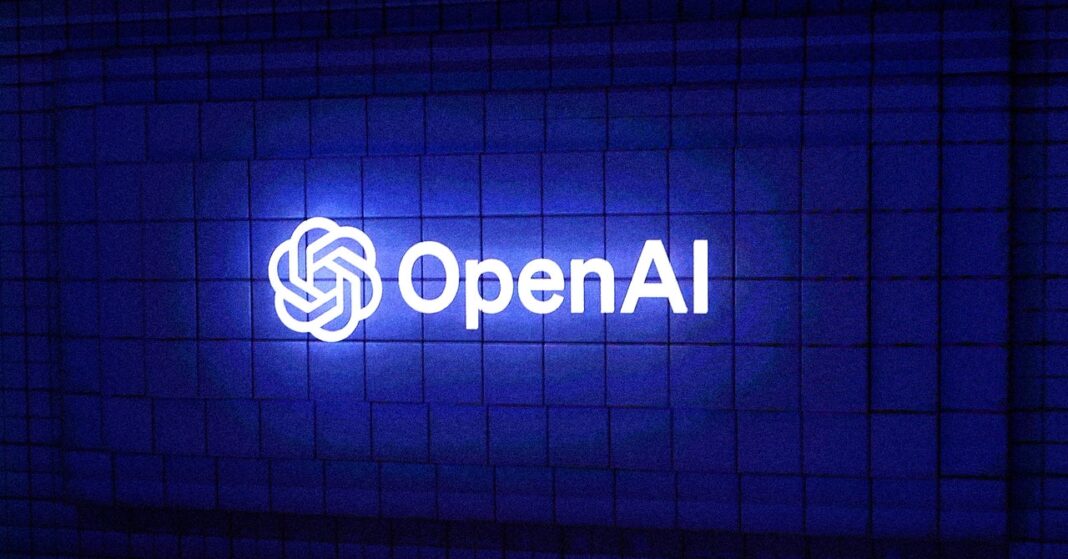In Short:
OpenAI has released draft documentation laying out how it wants its AI technology to behave, including exploring the generation of explicit content like porn. Currently, OpenAI’s policies prohibit sexually explicit material but they are considering allowing some NSFW content. However, there are concerns about the potential misuse of such technology for nonconsensual purposes. The move has raised alarms among experts, given the rise of deepfake porn and privacy violations.
OpenAI’s Documentation Reveals Exploration into NSFW Content Generation
OpenAI recently released draft documentation outlining its vision for the behavior of ChatGPT and other AI technologies. The Model Spec document indicates that the company is considering entering the realm of pornographic and explicit content.
Usage Policies and Considerations
While OpenAI’s current usage policies explicitly forbid sexually explicit or suggestive materials, the Model Spec document hints at a potential shift in this stance. The document mentions the exploration of enabling the generation of NSFW content in age-appropriate contexts through the API and ChatGPT.
The document outlines that NSFW content could encompass erotica, extreme gore, slurs, and unsolicited profanity. OpenAI is currently evaluating the extent to which it might relax its usage policy to allow for the creation of erotic text or potentially more graphic forms of explicit content.
Response and Transparency
OpenAI’s spokesperson, Grace McGuire, mentioned that the Model Spec aims to enhance transparency in the development process and gather feedback from various stakeholders. However, details regarding the explicit content generation exploration remain undisclosed.
Earlier discussions within OpenAI hinted at the possibility of allowing nudity in generated content, raising further questions about how the company plans to navigate ethical considerations in this area.
Ethical Concerns and Challenges
The onset of AI-generated pornography poses significant ethical challenges, as witnessed in cases of deepfake porn leading to harassment and privacy violations. Legal experts have highlighted the damaging impact of nonconsensual synthesized intimate content on individuals’ lives.
Concerns have been raised over OpenAI’s potential expansion into explicit AI content creation, with critics labeling the move as alarming due to its implications on privacy and consent.
Given OpenAI’s policy against impersonation without consent, any explicit nonconsensual content generation would remain prohibited, but concerns persist about the efficacy of moderation measures to prevent misuse of the tools.
Regulatory Responses and Industry Precedents
Recent incidents, such as Microsoft’s adjustments to its generative AI tools following the creation of explicit images, highlight the challenges tech companies face in policing content creation and distribution.
As the debate on responsible AI content generation continues, the tech industry grapples with balancing innovation with ethical considerations to safeguard against misuse and exploitation.
Additional reporting by Reece Rogers





